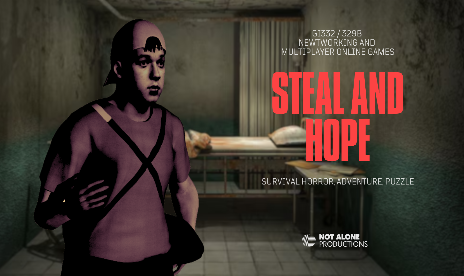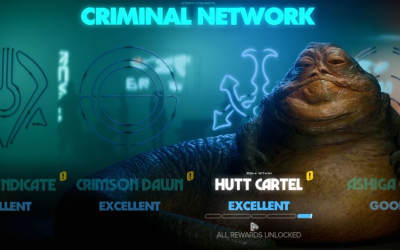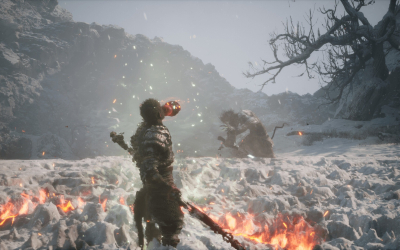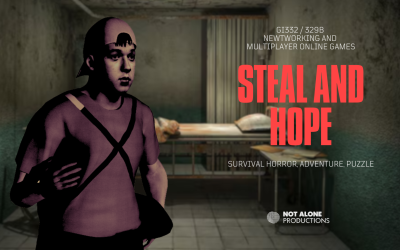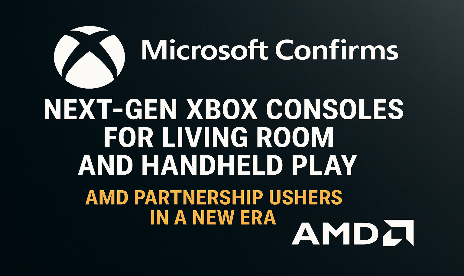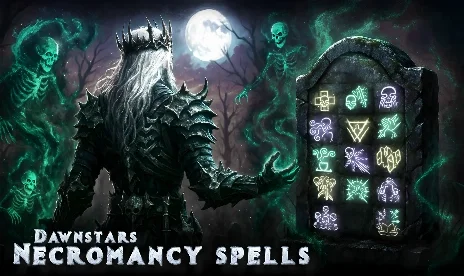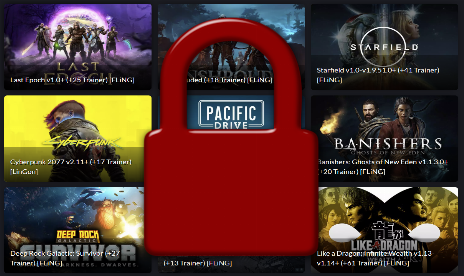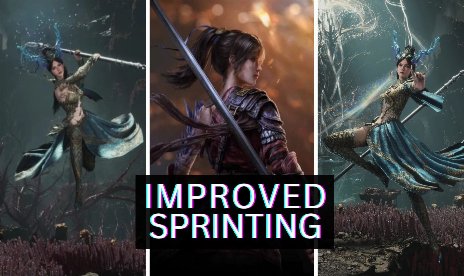EA COO: Core Gamers Are Uncomfortable With Change

Electronic Arts’ COO Peter Moore believes that the group most uncomfortable with change and most resisting to business model changes is core gamers.
In the 2nd part of his interview with gameindustry.biz, Moore relayed his confidence towards the future of gaming, but conceded that hardcore gamers are still uncomfortable with it.
“I think we’re going into almost a golden age of gaming, where it doesn’t matter where you are, at any time, any place, any price point, any amount of time, there’s a game available to you,” he said.
“And our job as a company is to provide those game experiences. And then on our big franchises, tie them all together.
“I think the challenge sometimes is that the growth of gaming… there’s a core that doesn’t quite feel comfortable with that. Your readers, the industry in particular. I don’t get frustrated, but I scratch my head at times and say, ‘Look. These are different times.'”
“And different times usually evoke different business models. Different consumers come in. They’ve got different expectations. And we can either ignore them or embrace them, and at EA, we’ve chosen to embrace them.”
Moore then cited the death of music CDs as an example of inevitable change that should be embraced by the industry.
“We as an industry have to embrace change,” he explained. “We can’t be music. We cannot be music.”
“Because music said, ‘Screw you. You’re going to buy a CD for $16.99, and we’re going to put 14 songs on there, two of which you care about, but you’re going to buy our CD.’ Then Shawn Fanning writes a line of code or two, Napster happens, and the consumers take control.”
“Creating music to sell is no longer a profitable concern. The business model has changed to concerts, corporate concerts, merchandise, things of that nature. Actually selling music is not a way of making money any more, except for a core group.”
Perhaps core gamers are most concerned with the rise of free-to-play games and microtransactions; and perhaps they are right to do so. However, Moore believes that “I don’t think anybody has to like it. I think that’s where it goes. It’s like me: I get grumpy about some things, but if the river of progress is flowing and I’m trying to paddle my canoe in the opposite direction, then eventually I’m just going to lose out. From the perspective of what needs to happen in this industry, we need to embrace the fact that billions of people are playing games now.”





![theHunter: Call of the Wild v3117436 (+17 Trainer) [iNvIcTUs oRCuS]](https://9588947a.delivery.rocketcdn.me/wp-content/uploads/2024/01/thehunter-call-of-the-wild-v1.19-scr-01_0-464x276.jpg)

![Final Fantasy VII Rebirth v1.0+ (+58 Trainer) [FLiNG] – Update November 2025](https://9588947a.delivery.rocketcdn.me/wp-content/uploads/2024/02/final-fantasy-vii-rebirth-1-464x276.jpg)


